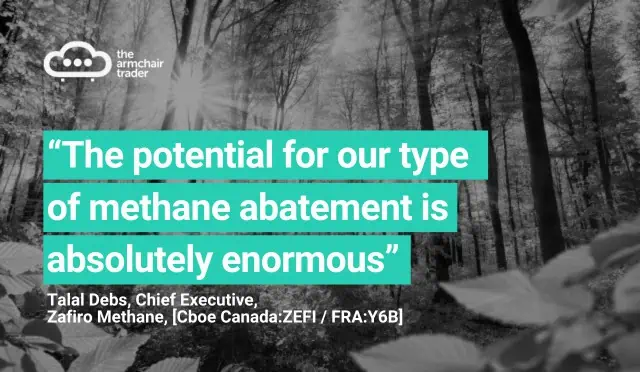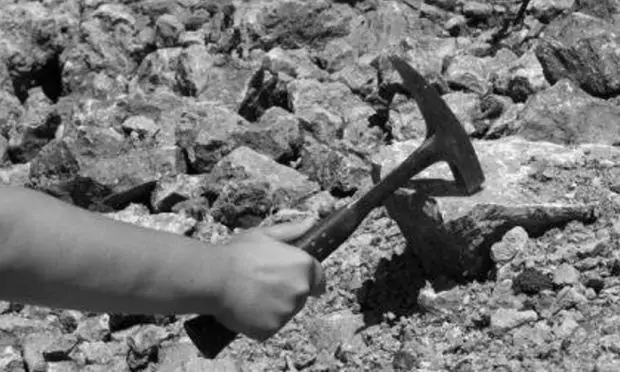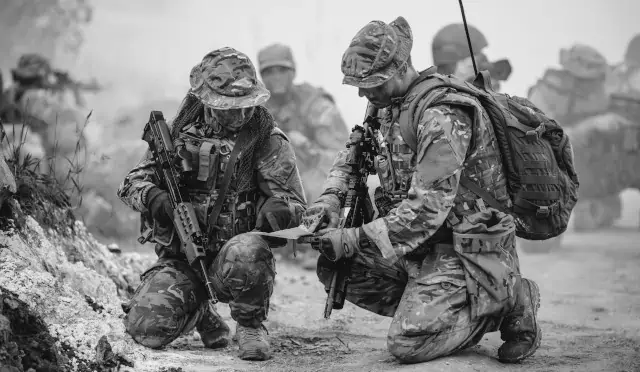Savannah Energy [LON:SAVE], the AIM-listed, Africa-focussed oil and gas and renewable energy company’s shares remain suspended from trading as it tries to get its ambitious RTOs over the line, as investors watch the proceedings from the sidelines in what could be a boom-or-bust ruling from the International Chamber of Commerce.
The company was founded in July 2014 following the signing of a Production Sharing Contract with the Government of Niger for the R1/ R2 license area. The Niger contract was believed to represent the single largest direct foreign investment into Niger by a UK Company. A month later the company listed on AIM at a value of USD142m, raising USD50m in new equity.
Savannah focussed on Niger for the next few years and in 2017 crossed the River Yobe to the south and inked a deal to acquire Seven Energy’s Nigerian assets with private equity shop, African Infrastructure Investment Managers (AIIM)’s. The O&G company subsequently raised a further USD125m in equity.
Initial success
The London-headquartered firm’s initial exploration activities in Niger were a success, finding oil in five of the test wells it drilled and by the end of 2018 owned an 80% stake in the Uquo gas field and Accugas, in partnership AIIM which received government clearance the following year and started supplying natural gas to public and private sector clients in Nigeria. The Nigerian gas business was profitable for Savannah, which reported USD235m of revenues one year into its Nigerian operations in early 2021.
However, the company stumbled through the trip-wire of something of a corporate minefield later that year, when it agreed in June to acquire ExxonMobil’s [NYSE:XOM] upstream and midstream assets in Chad and Cameroon – more on that later.
The following year Savannah decided to do something about global warming – something that a lot of O&G companies are increasingly doing – by agreeing to build Niger’s first wind farm and followed that up with an agreement in principle to develop 500MW of renewables in Chad. Earlier this month, the company agreed to take over the 75MW Bini a Warak Hydroelectric Hydroelectric Project in northern Cameroon.
Bini a Warak was originally granted to Chinese construction company, Sinhydro in 2012/3 and backed with a USD300m loan from Industrial and Commercial Bank of China, a Chinese state-owned commercial bank in 2016. Construction began in 2017, however, the project underperformed and stalled in 2019 and the bank withheld the loan as ICBC said Cameroon wasn’t making repayments, and the project was delayed until 2024.
Savannah Energy also took on a GBP1.25bn deal to buy Petronas’ assets in South Sudan – which given the world’s newest country’s fractious short history and recent events north of the border in Sudan, with the propensity for conflict in the north to disrespect borders, looks like a step into another minefield.
Both the Exxon and Petronas transactions were reverse takeovers and have to be approved by shareholders – hence the suspension of trading which has been running since June 2021.
The Exxon assets will cost Savannah a cool USD400m and Savannah has yet to take-on and pay for Petronas assets in Cameroon and Chad. The last time the company had a suspension – for the purchase of Seven Energy’s Nigerian assets – it took two years to conclude.
Chad nationalisation
This time, the situation in Cameroon and Chad has been complicated due to Chad saying the deal was illegal and not approved by its government. Last month the Chadian government nationalised Exxon’s assets meaning that Savannah is left having paid for an asset that it technically can’t claim. The Chadian government said in a statement that the move was necessary to ensure that the assets were used for the benefit of the Chadian people.
The company holds concessions in a number of productive fields, as well as rights over oil extracted there and a share in a pipeline transporting crude to neighbouring Cameroon for export via the port of Kribi.
Exxon’s assets included a 40% stake in Chad’s Doba oil project, which comprises seven producing oilfields with a combined output of 28,000 barrels per day (bpd). It also included Exxon’s interest in the more than 1,000km Chad-Cameroon pipeline from the landlocked nation to the Atlantic Gulf of Guinea coast through which its crude is exported. Savannah Energy strongly opposed the Chadian government’s actions and appealed to the International Chamber of Commerce (ICC) seeking an injunction to prevent the government from taking over the assets.
The situation will likely be stuck in the courts for some time, and ultimately a messy compromise will be made where Savannah reluctantly pays the government of Chad a further sum to be let back into its assets. The dispute between Savannah Energy and the Chadian government is a complex one. It is a test of the rule of law in Chad and the ability of foreign investors to do business in the country. The outcome of the dispute will have implications for other foreign investors in Chad and other countries in Africa.
- Michelmersh building sustainable returns one brick at a time
- Angling Direct reels in profits after tough year: eyes £100m revenue
- NetScientific acquires life sciences VC business of Martlet Capital
South Sudan could be another can of worms. Savannah hopes to acquire the Petronas assets through a mixture of new debt and cash in reserve – a similar structure to the Exxon deal. The Petronas assets include interests in 64 producing fields and Petronas’ local subsidiary reported net profit of more than USD130m across the three years to 31st December 2021.
However, given the current security situation north of the border Savannah must be looking on and praying that the civil war comes to quick conclusion given that the cost of operating in South Sudan has spiked and the internecine conflicts of Sudan inevitably envelop South Sudan and the security of Savannah’s assets must be at risk of damage, destruction or appropriation. This in turn will make Savannah’s attempts to raise finance for the transaction a lot more difficult. The company already has around USD400m at a rough debt-to-equity ratio of 1:72, higher than the industry average of 1:50.
The Chad and South Sudan issues – notwithstanding the vagaries of dealing with Cameroonian, Nigerien and Nigerian politicians – puts Savannah in the ‘high risk’ category. If things come off for Savannah, the junior could become a significant energy operator and the valuation of the company – around GBP340m before suspension – should be massively increased when the company eventually comes back to market post-suspension. However, there are a lot of spinning plates in this game of pan-African cosmic juggling and dropping one could be a very costly mistake for both Savannah’s management and shareholders.
In many ways control is out of Savannah’s hands. In one case the company needs a favourable judgement from the ICC. Even if this happens, the Chadian government is prepared to play hardball and deploy as much of its legal resources to get recompense – something that could tie-up Savannah in arbitration for years to come. Posession is nine-tenths of the law.
In another case, the company needs a quick resolution to the growing crisis in Sudan and the hope that it will not spread across borders. These are the company’s two most critical issues, and that is not accounting for unexpected political or security developments in Cameroon, Niger or Nigeria – and the first rule of transacting business in Africa is expect the unexpected.
In its last operational and financial update Savannah reported revenues of USD147.6m for 1Q23, with just under half (USD71m) attributable to Nigeria, which itself saw a 29% uptick in revenues and USD76.6m from Chad upstream operations. The company had USD217.3m cash in the bank and debts of USD412m. Production increased from 21,600 barrels of oil per day (bopd) to 54,900bpod in 1Q22. Forty-three percent of production was natural gas.
At the moment it’s is a wait-and-see scenario for Savannah shareholders, who will no doubt be closely following news from Sudan and Chad.














